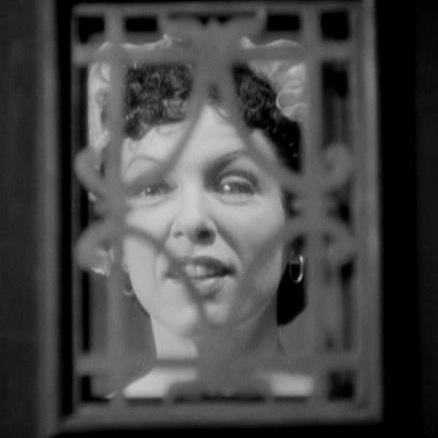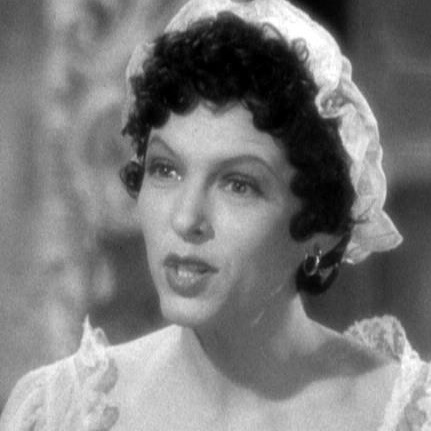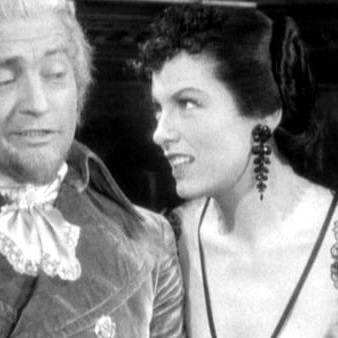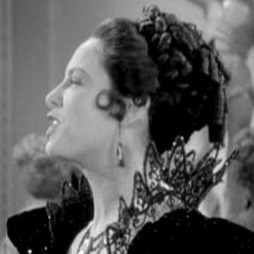Nick-Davis.com: Supporting Actress Calendar by Month












Browse Films by
Title /
Year /
Reviews
Home /
Blog /
E-Mail
|
Nick-Davis.com: Supporting Actress Calendar: January Index
← January 2016 →
1
2
3
4
5
6
7
8
9
10
11
12
13
14
15
16
17
18
19
20
21
22
23
24
25
26
27
28
29
30
31
|
Gale Sondergaard, Anthony Adverse
1936: winner |
|
5 |
★ ★ ★ ★ ★
Gale Sondergaard's scheming, amoral social climber in Anthony Adverse, who at one point spies on an attempted murder she helped premeditate, is named Faith. This feels bluntly, incongruously facetious in a fairly devout film, though one could read the detail more subtly. Say what you will about a rich girl's servant who wends her way up to being housekeeper (and more?) for her even richer father, hoards other people's flammable secrets and brokers steel-trap contracts on her own behalf, then ends the movie married to a nobleman and hobnobbing in Bonaparte's Paris. She certainly believed in herself! If she lives long enough to read Vanity Fair, she'll probably admire Becky Sharp, overlooking entirely Thackeray's critique. Sadly, though Faith could be more than a flat device for moral allegory, suggesting real mettle and complex motives, however evilly expressed, Sondergaard aims lower. In her first film performance—which reaped the Oscar, and afforded her first dibs on The Wicked Witch of the West—she opts for patent villainy, expressed in one fairly stable countenance. In her first close-up, shot through the metal grill of a heavy door, she's holding up her nose, arching those pre-arched eyebrows of hers, and raising her upper lip, as if airing out her fangs. Later, Anthony Adverse will repeat this shot to announce a different character's arrival to the same house, and to underline the circularity of fate, but it also reveals the snide, masklike consistency of Sondergaard's approach to the part. Her camp venality is hardly without pleasures; she gets in one lip-smacking line-reading about a plush coach she'd rather not have lost. Belatedly reencountering Fredric March's Anthony, her tone suggests she sees him not as her antonym but as a peer in self-advancement by any means necessary. This is the sort of insight she might have explored in earlier scenes. But for much of the film, she implies that the best way to play a one-track character is to give a one-note performance. Adverse is long and logy enough that sporadic returns to her kitschy bitchiness offer welcome respites, but she editorializes on Faith rather than playing her, savoring our enjoyment of the performance in advance, rather than stoking it. Leave a Comment
|
 |
 |
 |
 |
|













